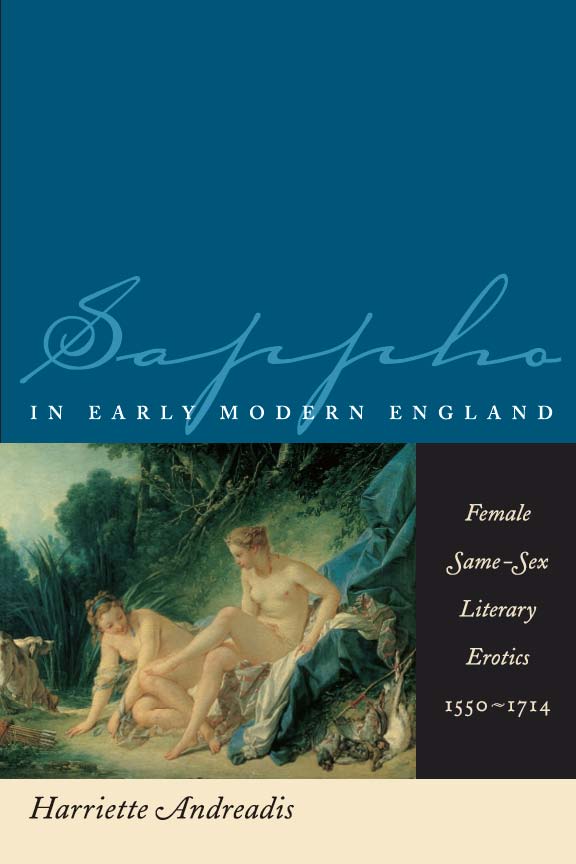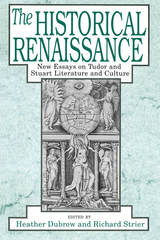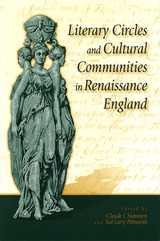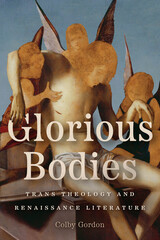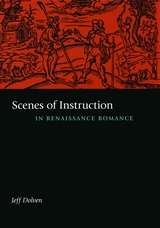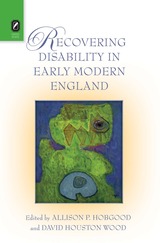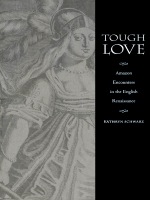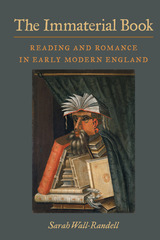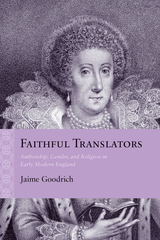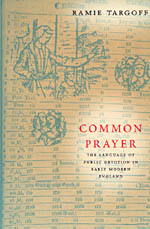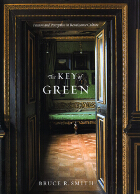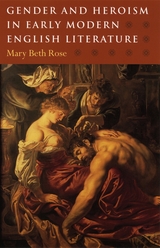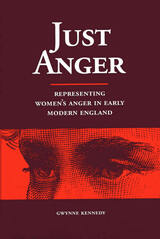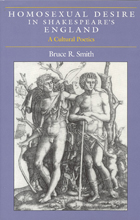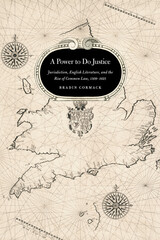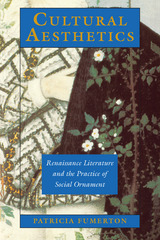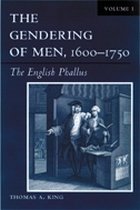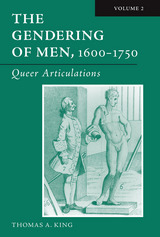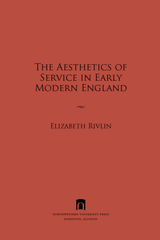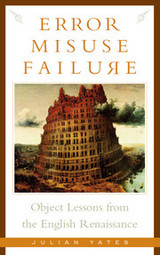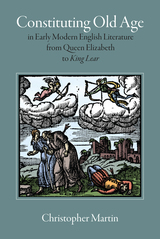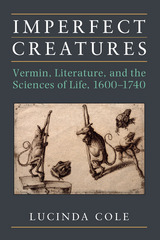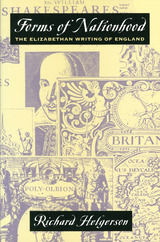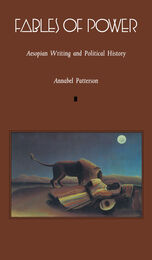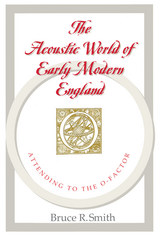Sappho in Early Modern England: Female Same-Sex Literary Erotics, 1550-1714
University of Chicago Press, 2001
Cloth: 978-0-226-02008-2 | Paper: 978-0-226-02009-9
Library of Congress Classification PR428.H66A54 2001
Dewey Decimal Classification 820.93538086643
Cloth: 978-0-226-02008-2 | Paper: 978-0-226-02009-9
Library of Congress Classification PR428.H66A54 2001
Dewey Decimal Classification 820.93538086643
ABOUT THIS BOOK | AUTHOR BIOGRAPHY | TOC | REQUEST ACCESSIBLE FILE
ABOUT THIS BOOK
In Sappho in Early Modern England, Harriette Andreadis examines public and private expressions of female same-sex sexuality in sixteenth- and seventeenth-century England. Before the language of modern sexual identities developed, a variety of discourses in both literary and extraliterary texts began to form a lexicon of female intimacy. Looking at accounts of non-normative female sexualities in travel narratives, anatomies, and even marital advice books, Andreadis outlines the vernacular through which a female same-sex erotics first entered verbal consciousness. She finds that "respectable" women of the middle classes and aristocracy who did not wish to identify themselves as sexually transgressive developed new vocabularies to describe their desires; women that we might call bisexual or lesbian, referred to in their day as tribades, fricatrices, or "rubsters," emerged in erotic discourses that allowed them to acknowledge their sexuality and still evade disapproval.
See other books on: Early Modern England | Early modern, 1500-1700 | Homosexuality and literature | Lesbians in literature | Sex in literature
See other titles from University of Chicago Press
